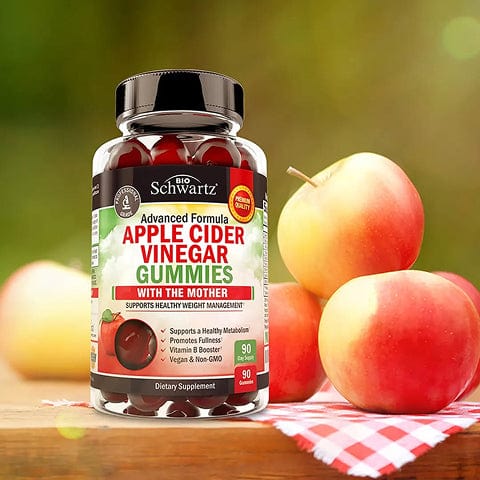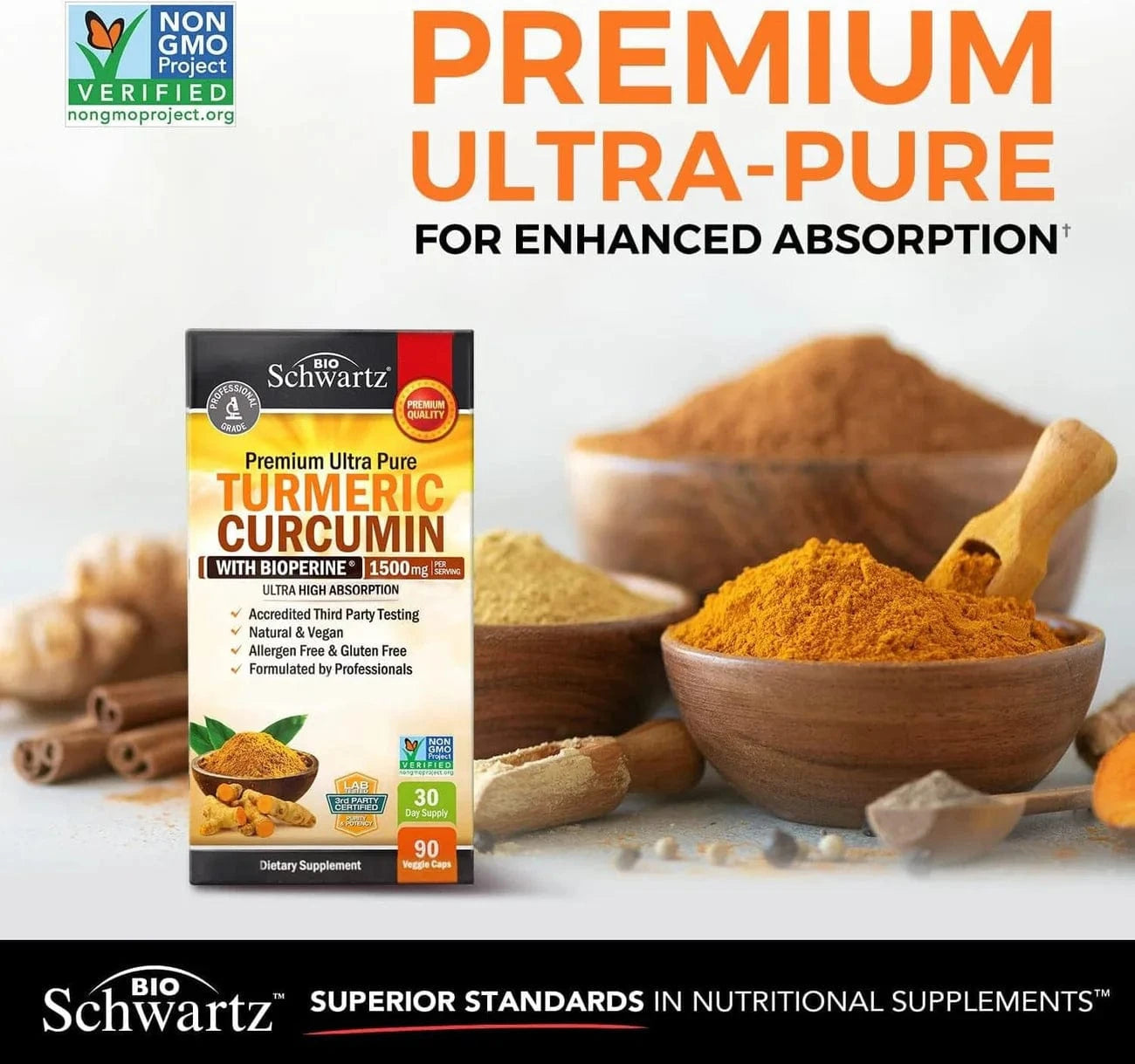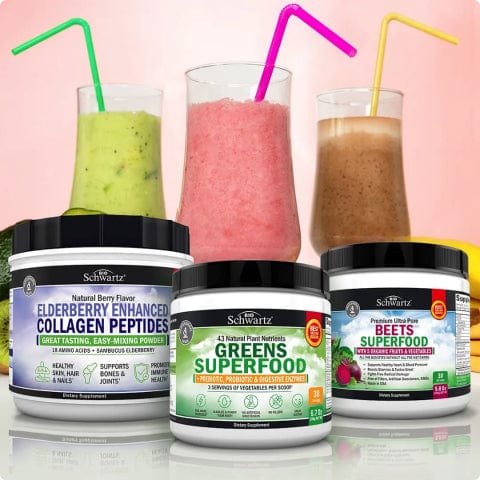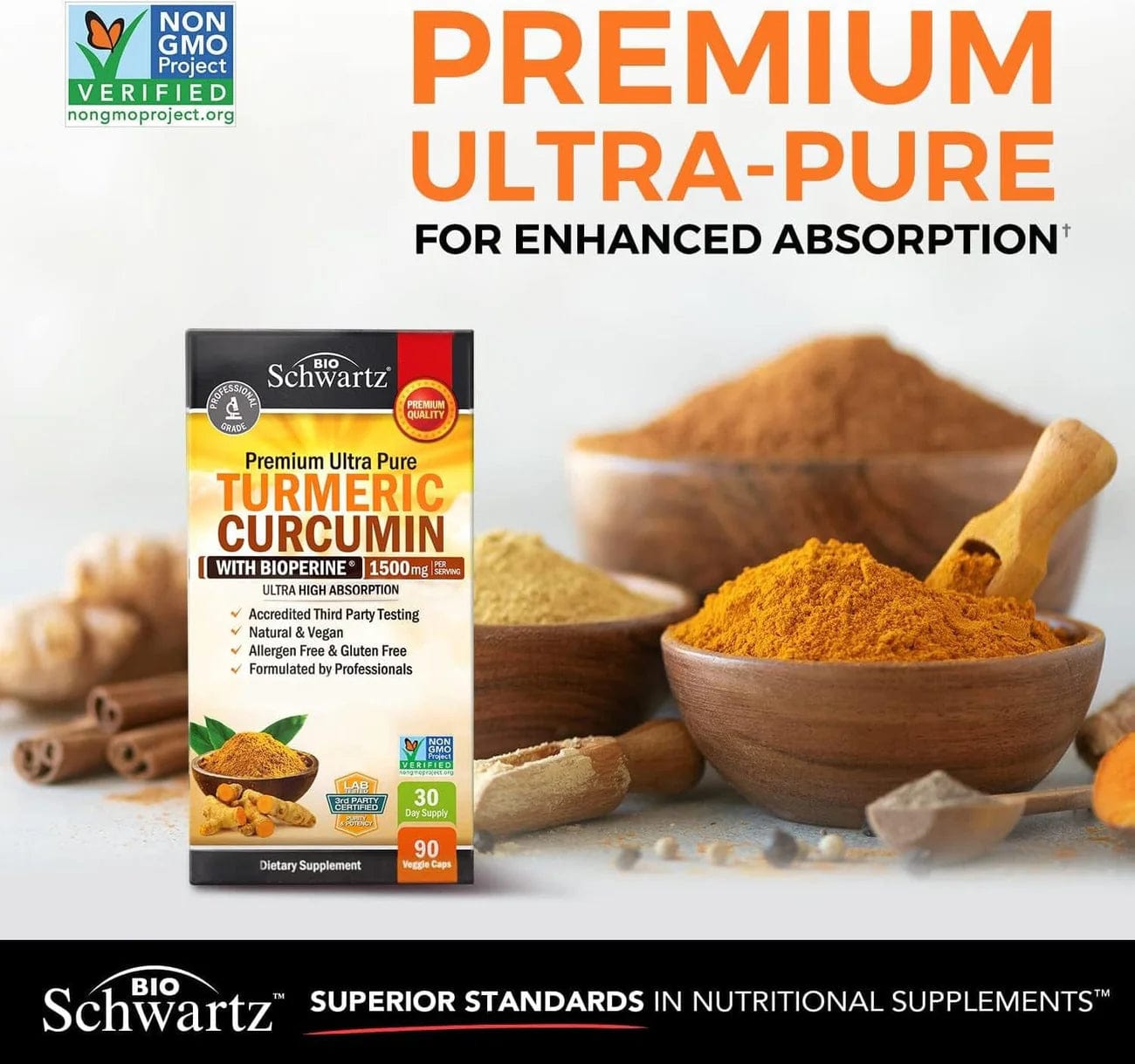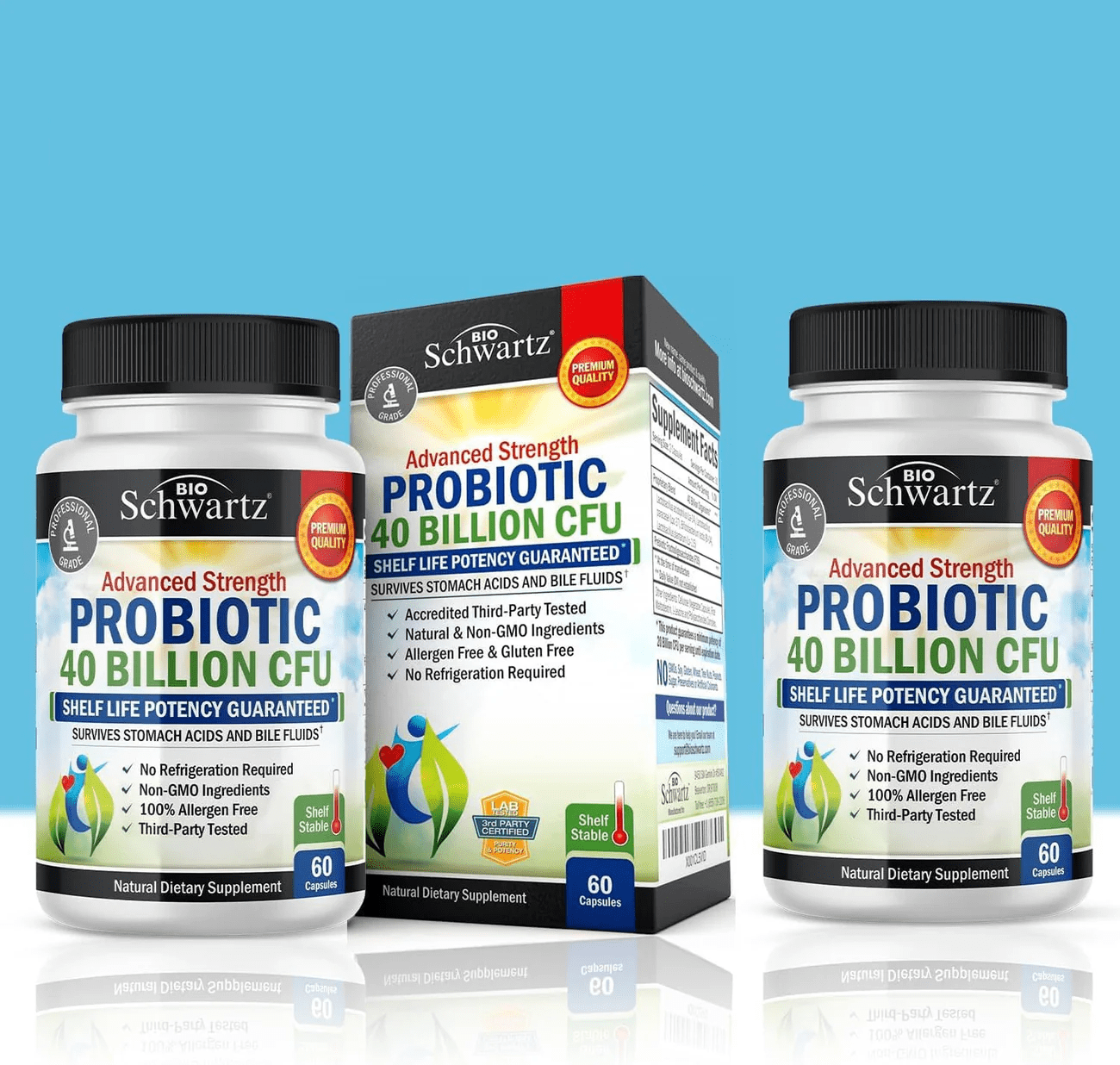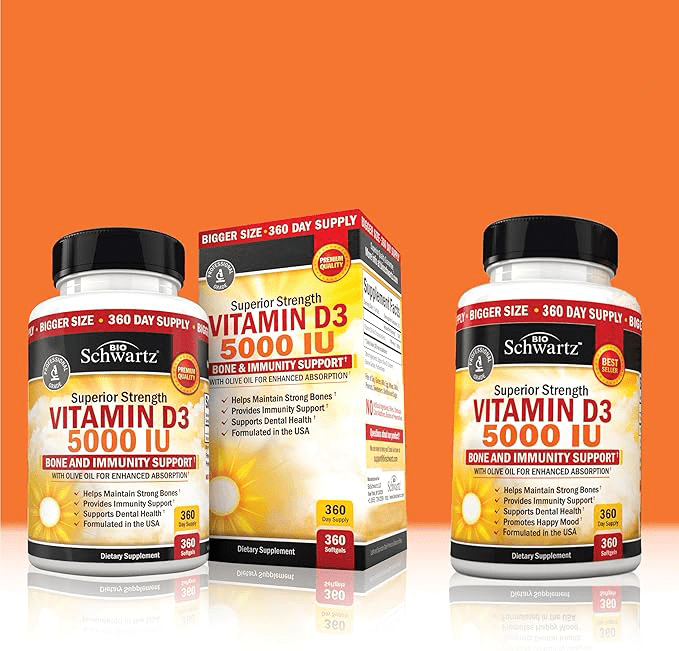Vitamin D, also known as the sunshine vitamin, and plays so many important and specific roles in your body — but it’s one essential vitamin that is commonly neglected. You might already realize why now, more than ever, is a crucial time to be providing your body the necessary nutrients that it needs. From bone health to immune support we’re here to shine some light on why it’s a must to add to your daily routine and some quick and easy ways to get it.
WHY YOU NEED VITAMIN D
Vitamin D’s primary function is to help the body absorb calcium. Your body must have vitamin D to absorb calcium and promote bone growth [1]. Therefore, too little Vitamin D can result in soft and fragile bones.
Vitamin D is also known to play a significant role in immune health. We know this is crucial especially for the upcoming fall and winter season that usually comes with a few days buried in tissues. Vitamin D can help support a healthy immune system by making sure the immune cells fighting to protect you are healthy and functioning properly. Boosting your immune system is one of the key things you can do to prevent feeling under the weather the whole season. Essentially, health comes from the inside out.
While it might be surprising, Vitamin D has also been shown to support healthy levels of natural energy and mood. Research examining the relationship of vitamin D and mood show this essential vitamin can help give you a little lift. Several studies reported a decrease in depression for those who received Vitamin D compared to those who received phototherapy [2]. So, not only can Vitamin D keep your body and heart happy, but your brain happy as well!
What Causes Vitamin D Deficiency
There are many factors that can play a role in one’s deficiency. Some of the more common ones are:
- Climate - While the most common way to absorb Vitamin D is through direct exposure to sunlight, not everyone can benefit due to decreasing temperatures and short winter days in the northern climates. In the U.S., only people who live south of a line drawn from Los Angeles to Columbia, S.C. may get enough sunlight for vitamin D production throughout the year.
- Age - It is no denying that the older we get, the less our body produces everything we need to function properly, the same holds true for Vitamin D.
- Skin Color - Studies show people with darker skin are at far greater risk for lower vitamin D levels because high amounts of melanin in skin reduce the body’s ability to produce vitamin D from sunlight.
Other conditions that can cause deficiency include:
- Obesity - A body mass index greater than 30 is associated with lower vitamin D levels because fat cells keep vitamin D isolated so that it is not released.
- Kidney diseases - These diseases reduce the amount of an enzyme needed to change vitamin D to a form that is used in the body. Lack of this enzyme leads to an inadequate level of active vitamin D in the body.
- Certain medications - Medications such as steroids, laxatives and cholesterol-lowering drugs can cause a Vitamin D deficiency. This is why it is always crucial to consult with your healthcare provider if you are on any medication and get regular blood work done to ensure your Vitamin levels are at appropriate levels.
Too Much Vitamin D
Too much of anything can be a bad thing, even Vitamin D. That’s why it is so important to always check with your healthcare provider before taking any new dietary supplements. So what happens if you consume too much of this Vitamin, really? Too much vitamin D can cause nausea, constipation, abnormal heart rhythm, and even kidney stones [3].
Health Effects Of Vitamin D Deficiency
Getting enough vitamin D may also play a role in helping to keep you healthy by protecting against the following conditions:
It can be difficult to notice you might be Vitamin D deficient on your own because it isn’t exactly obvious. If you are feeling constantly fatigued, tired, moody or weak then it might be time to check your Vitamin D levels. Symptoms can also include soreness, muscle pain and a general sense of not feeling well. In other words, while some of us might brush off these feelings as common, sometimes it can be part of a larger issue and may require you to be more up to date with your doctors appointments. Doctors can diagnose Vitamin D deficiency by performing a blood test and an x-ray to check the strength of your bones.
HOW DO I GET MORE?
According to a 2011 study, 41.6% of adults in the US are deficient. This number goes up to 69.2% in Hispanics and 82.1% in African-Americans [4]. At a time where working from home is the new normal and what used to be our living rooms is now the gym, it’s harder to get the sun we need to soak up the benefits of Vitamin D. However, there are other ways to ensure you get your daily dose of sun.
Sunshine
The easiest (and free) way to achieve Vitamin D benefits is through direct exposure to the sun - unfortunately, during winter months many people who reside in northern areas don’t get adequate sunlight. So, getting your daily dose of Vitamin D from foods or a supplement is crucial.
Food
Vitamin D can be found in foods, particularly fatty fish such as salmon, mackerel, and very few amounts are found in beef liver and cheese. However, for our vegetarians and vegans it’s a little harder for you to get the sunshine vitamin through food alone.
Supplementation
Supplementing with Vitamin D is generally safe as long as you are following the consumption guidelines. BioSchwartz Doctor Approved Vitamin D D3 5,000 IU, unlike most other Vitamin D supplements in the market, is blended with the perfect amount of Organic Olive Oil to enhance absorption and increase bioavailability, ensuring maximum efficacy with each and every dose. Also, we formulated our Vitamin D3 supplement with comfort and ease of use in mind, which is why we created the ultra-smooth, oh-so-tiny softgels that make our premium formula remarkably easy to swallow! Finally, using only the latest technologies, we were able to develop a Vitamin D3 supplement free of gluten, allergens and non-GMO ingredients.





